THE CAUSE OF THE END OF USAGE OF OIL AND
NATURAL GASES
A country’s reputation is always erected on how many resources it has and how efficiently these resources are used by the country. Oil and natural gas are one of the most valuable
assets of a country. Such is their importance that they play an immense role in our everyday lives. Both of these commodities are highly used and are beneficial for us in various aspects.
They are considered one of the major and necessary energy resources throughout the world. Therefore, lack of these resources would halt the daily operations of the world which
would result in severe jeopardy. There are several countries rich in these resources, that are, United States which produce an average of 19.4 million barrels per day, Saudi Arabia with
an average of 11.6 million barrels per day, Russia with 11.49 million b/d and Canada is considered to be the fourth country among the world’s leading oil producers. The more the world is evolving, the more new and vast technologies are replacing the old methods. Such is the case with natural resources, as according to BP’s Statistical Review of World Energy 2016, we have 50 years of both natural gas and oil left.
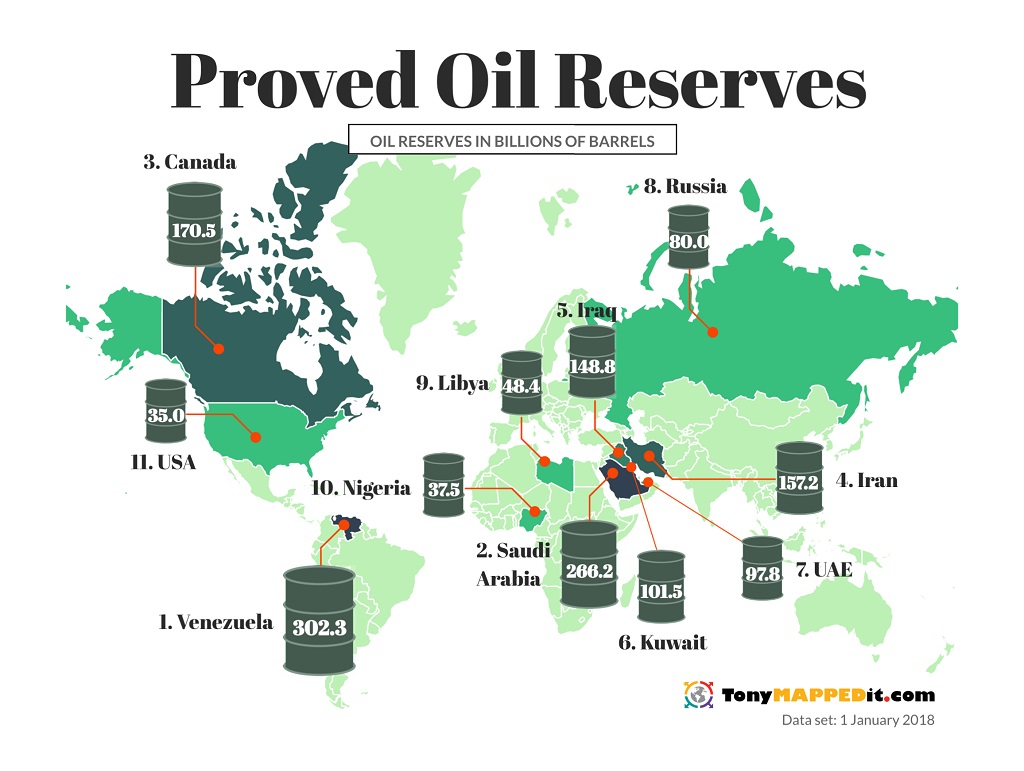

NATURAL GAS – natural gas is a fossil energy which is formed beneath the surface of the earth. It is a mixture of methane and other alkanes and a small percentage of carbon dioxide, hydrogen sulfide, nitrogen and helium. However, methane makes up most of the natural gas. Thousand million years ago
the decomposed plants and animals set into thick layers mixed with sand, calcium carbonate and silt on the surface of the earth, when exposed to heat and pressure, they took the form of oil, coal and natural gas.

OIL – Similarly, oil is also a by-product of decomposed plants, animals and other organisms such as algae. Oil is a fossil fuel, composed of carbon and hydrogen, also referring to as hydrocarbon. It is formed underneath the surface of the earth and is later extracted by different drilling techniques.

USES OF OIL AND NATURAL GAS
As mentioned above, oil and natural gas are the most used resources in the whole world. From domestic use to foreign use, it is highly in demand and is used widely. Oil is used in various ways such as:
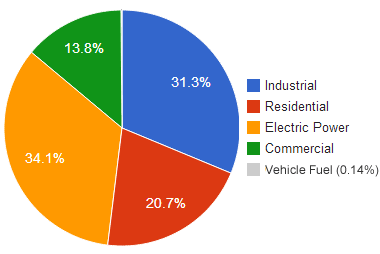
Production of electricity – one of the major use of two of these energy resources is that they help in generating electricity. Natural gas is used in steam turbines where it is burned to produce mechanical power, which later converts to electric power. About 38% of coal, 23% of natural gas, 16% of hydro and 3% of oil is used in the production of electricity.
Propulsion of vehicles – the cars with fuel engines run on fuel/oil. The engine needs adequate lubrication to work efficiently and therefore, oil works as a booster for the engines. As the parts of the engine are in rapid movement, they wear out and thus stop functioning. This is where oil comes in handy and is a basic need of conventional vehicles. The most demanding type of fuel is, the jet fuel. Travelling never stops especially the international flights, therefore many million barrels of oil is used up in this regard. Domestic use – vehicle fuel and electricity generation are the two bigger sectors where oil and natural gas is consumed, other than these both of these resources are used at domestic levels such as:
• Cooking – the two of these are essential for cooking, if there was no gas supply, cooking would be difficult.
• Heating – the oil is used in boilers and furnaces for the purpose of heating the houses and the buildings. Oil based heating is cost friendly than that of electric heating.
Industrial use – these fossil fuels belong to the most used category and are a cheaper source of use. Despite cooling, heating, producing electricity, and propelling vehicles, oil serves as a raw material or feedstock for plastics and many other solvents such as liquid dishwasher, ink detergents and
shampoos. It is said that more than 6000 products use oil in their production.
Some of the other everyday uses of oil are:
• Sporting goods
• Health and beauty supplies
• Medical supplies
• Agriculture
• Construction
• Furniture
Importance of both these commodities is quite obvious up till now. Oil/ petroleum is consumed by the world in huge quantities and some of the largest consuming country’s are:
• United States (20.2%)
• China (13.7%)
• India (4.4%)
• Japan (4.0%)
• Russia (3.7%)
WHAT CAUSED THE END OF THE USAGE OF NATURAL GAS
AND OIL?
What do you think it possibly could be? No one has ever thought about the end of fossil fuels, rather we think we have these resources in abundance and they’re not going to end anytime soon. Basically, we are living in a fool’s paradise. Both of these resources are non-renewable which clearly shows that they can’t be used again and the amount that has been used cannot be used twice. Therefore, it is on us how wisely we use these resources in order to save them for the next generations.
It is predicted that the world will run out of oil in 2030 which is
pretty close to us now. There are some certain causes of the
end of these energy resources, that are:

Possible Causes Of this Inevitable End
Overpopulation
It is evident that the more the population of the world is, the more the resources are consumed causing their depletion. Since the world has come into existence, it was not as modernized as it is now, centuries ago people did not have to travel to places with the help of vehicles as there was no availability of such gadgets and not much oil was consumed. With the increasing population, more of these resources are getting used up leading towards their end.
Overconsumption
After the industrial revolution, the culture advanced and the demand for oil increased eventually. We’ve been using oil in huge amounts and its consumption has been happening at a faster rate than replacement We’re not using these resources, they’ve been exploited by us. In order to save these resources, we must be careful while using them.
Pollution And Deforestation
We have moved forward and advanced in many areas of life but we’ve forgotten the importance of a healthy environment. We do not realize the importance of forests and thus for the purpose of industrialization we are chopping off the trees which is home to thousands of species. Air and water pollution has increased so much that it is leading towards the loss of biodiversity. The path of industrialization we’ve chosen for ourselves in order to improve our living has caused industries to work more than
ever before leading to a decrease in oil.
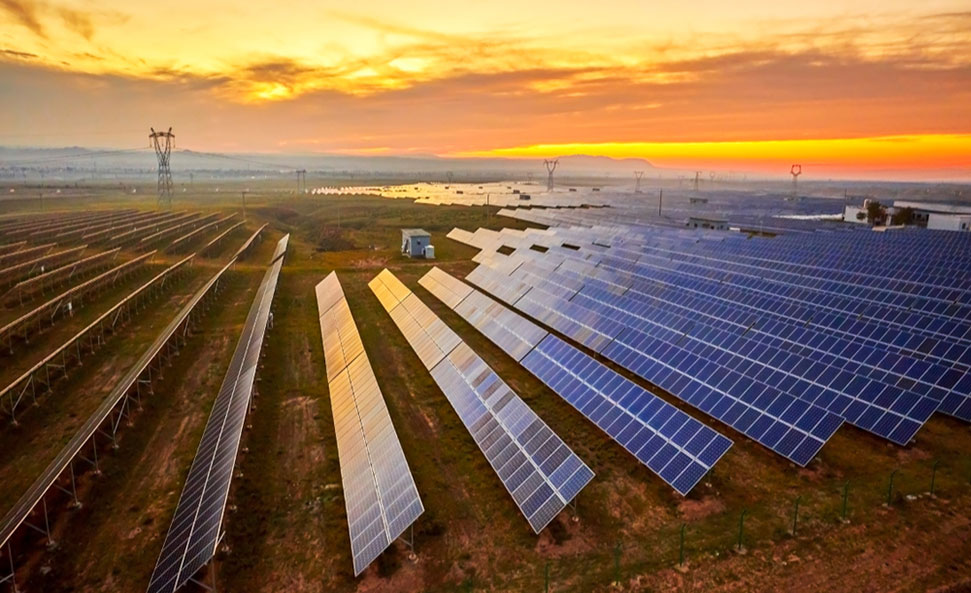
WHAT WILL BE ALTERNATIVES OF OIL AND NATURAL GAS?
The results of the depletion of natural resources would be
devastating, however, there would be some alternatives of
these resources in order to get along with life. The possible
substitutes of these resources are
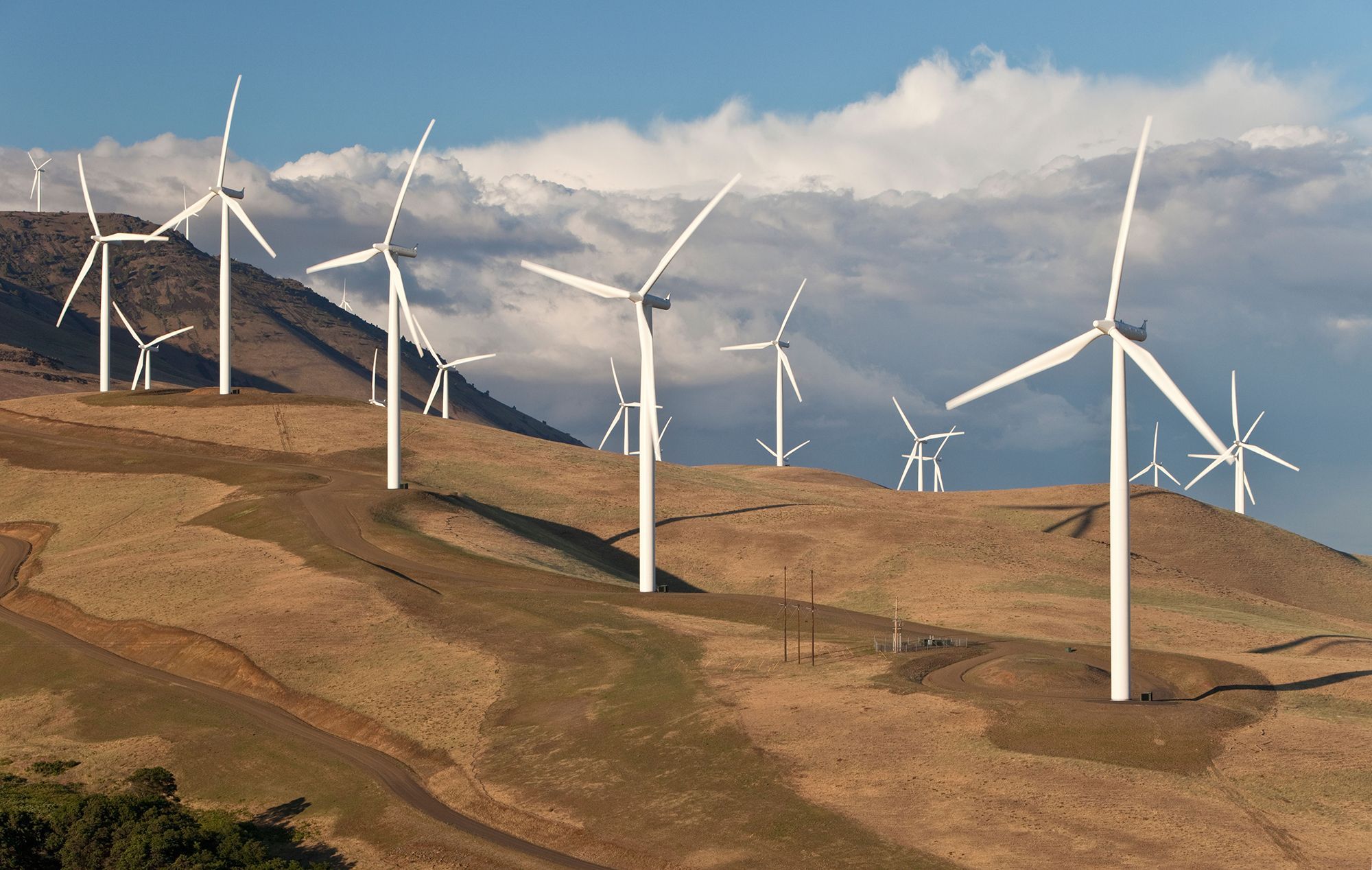
NUCLEAR POWER – As all of us are familiar with what the situation would be in coming years, we must know the alternatives. One of the alternatives of natural resources is nuclear power or energy. This is a sort of energy which is free from carbon and is proved beneficial for us. One of the advantages of nuclear energy is that, it is free of pollution and keeps the environment safe. 11% of the world’s electricity is
produced from nuclear energy. For example, France generates almost 80% of the electricity through nuclear energy. On a bright side nuclear power is far more cheaper than oil and has no emissions which would pollute the environment.
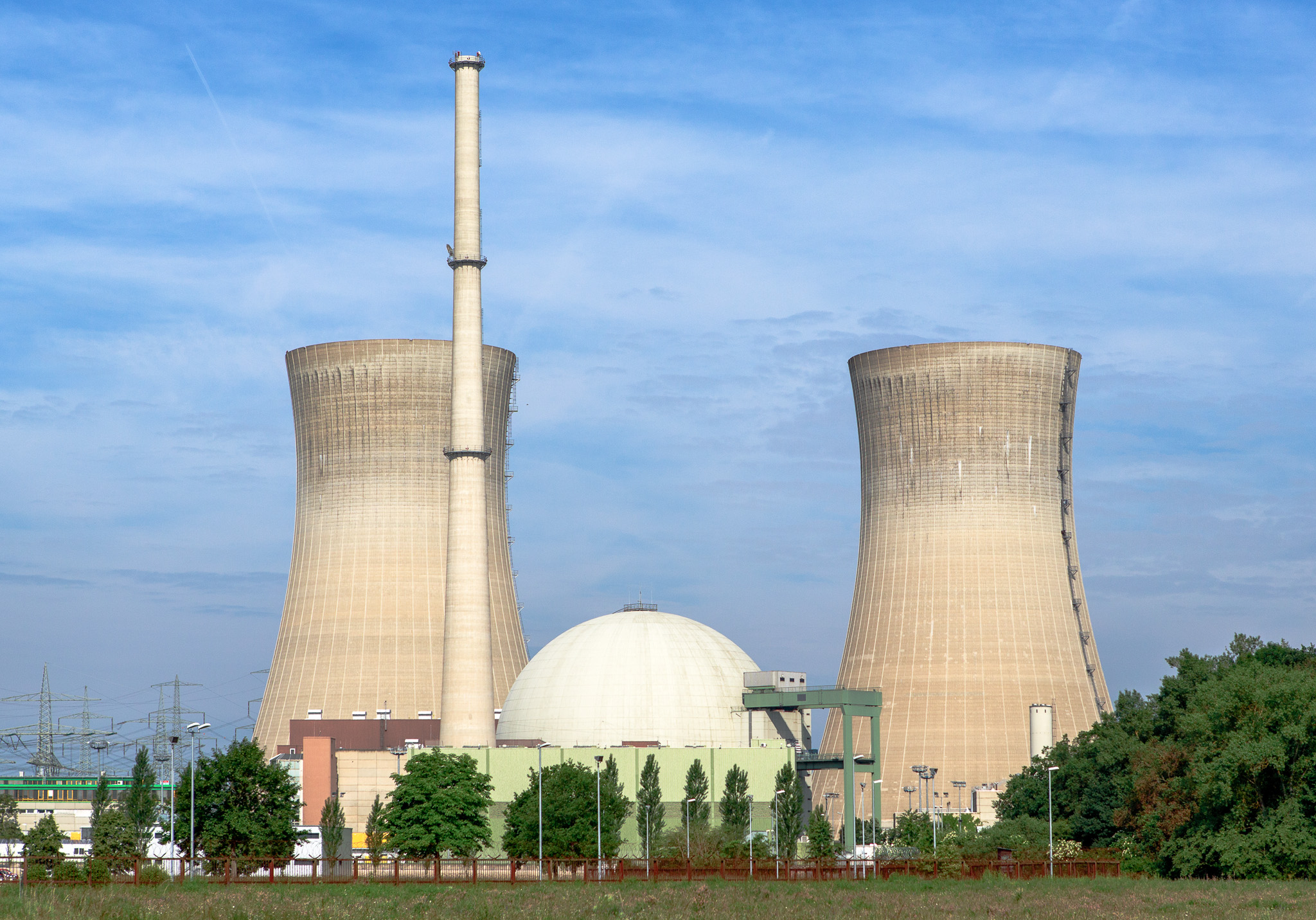

SOLAR AND WIND POWER
This is considered one of the other alternatives of natural resources. This type of energy is proved to be beneficial for us as it is renewable energy and can be renewed again and again. The initial cost of installing solar power is quite high but it has low maintenance costs as compared to other sources. Many countries have already
installed these powers in order to generate electricity without the usage of oil. This would help a lot in saving natural resources.
FUEL CARS TO BE REPLACED BY ELECTRIC CARS
This is the most effective replacement for oil/ fuel and the world has started to achieve it. Electric cars neither use fuel nor do they emit toxic radiation which is beneficial for the environment. Let’s suppose the only vehicles left in the world are electric, there would be plenty of oil left for the future.
